Vasti- Ayurvedic Enema

Due to its remarkable effects on the human body, Vasti, or the Ayurveda Enema, is regarded as the “King” of all Ayurvedic therapies. Among the Panchakarmas, it is regarded as the most effective therapeutic approach. It is considered one of the best forms of treatment for all conditions related to Vata ( Rheumatism). In the Sanskrit Language, ‘Vasti’ means ‘to retain’. So, if you take a look at this treatment, the Ayurvedic drug is retained inside the body for a certain amount of time before being expelled.
Significance of Vasti
The colon’s primary function is absorption. In addition, the colon has a dense network of nerves that link to the Central Nervous System (comprising the Brain and Spinal cord). As a result, the nerves of the colon are often referred to as the “Gut-Brain.“
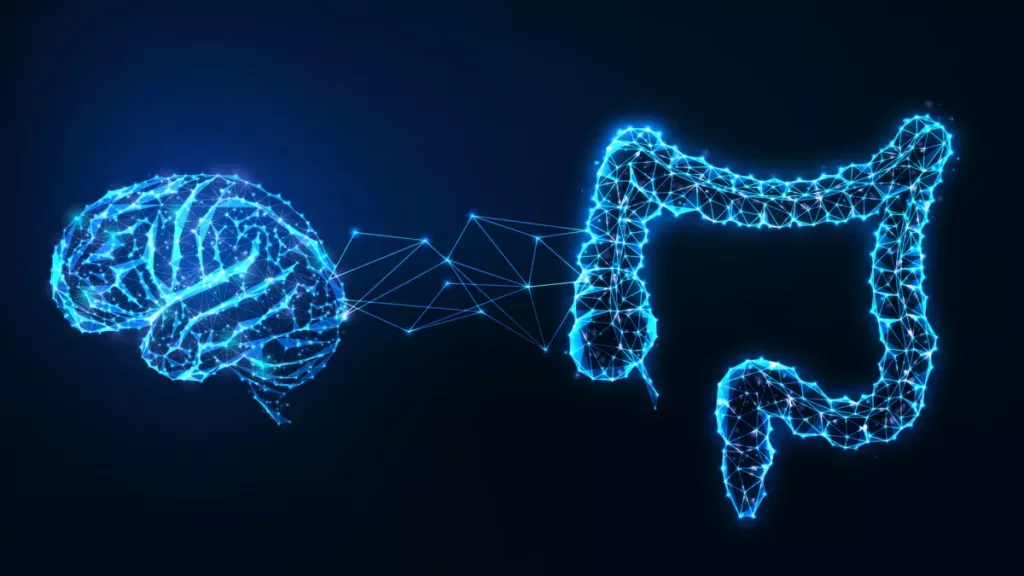
Anal administration of medications, Vasti, results in the bio-purification or flushing out of harmful waste from the colons. Furthermore, the colon absorbs the effects of the treatment like a sponge, which improves the colon’s nerves and therefore the Central Nervous System.
Types of Vasti
Vasti is classified into numerous types based on several criteria. Based on the route of administration, Vasti is divided into:-
- Urinary/Genital Route – Uttara Vasthi
- Anal Route– 2 types – Sneha Vasti and Kashaya Vasti
- Wounds– Vrana Vasti
Based on the nature of the drug administered, it is divided into:-
- Anuvasana Vasti or Oil Enema ( Sneha Vasti)
- Niruha Vasti or Decoction Enema (Kashaya Vasti)
Based on the number of Vasti given:-
- Karma Vasti- A total of 30 Vasti are given altogether.
- Kala Vasti- A total of 16 Vasti are given altogether.
- Yoga Vasti- A total of 8 Vasti are given altogether.
UTTARA VASTI
Administration of Liquid medication via the Genito-urinary route is called Uttara Vasti.
- Men- Urethral Route
- Women- Vaginal and Urethral Route
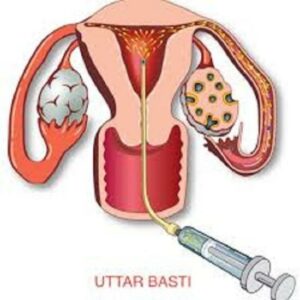
Drugs administered are usually Kashayas (Herbal Decoctions) or Sneha (Ghee or Oil enemas).
Indications in Men
| Benign Prostate Hypertrophy (BPH) | Infertility |
| Rectovesical Fistula | Erectile Dysfunction |
| Cystitis- Inflammation of the Urinary Bladder | Oligospermia- Fewer sperm cells in Semen |
| Urolithiasis- Urinary Stones | Impotency |
Indications in Women
| Uterine/Vaginal Prolapse | Amenorrhoea- Absence of menstruation |
| Dysmenorrhoea- Painful menstruation | Menstrual Disorders |
| Infertility | Urinary Infections |
| Kidney Stones |
SNEHA VASTI (ANUVASANA VASTI)
Administration of Medicated Oil or Ghee via the rectal route is called Sneha Vasti.
Sneha Vasti detoxifies the colon and helps flush out toxins from the lower body.
Medication is always administered after consuming food. Sneha Vasti is never given on an empty stomach.
The physician determines dosage according to the Patient’s condition.
Matra Vasti– Same as Sneha Vasti with the dosage of medicated oil reduced to half.
Indications of Sneha Vasti
| All Rheumatic Conditions | Heart Conditions |
| Hemiplegia | Menstrual disorders |
| Quadriplegia | Urolithiasis- Urinary stones |
| Gout | Torticollis |
| Disorders of the Gastrointestinal System | Sexually Transmitted Diseases |
| Spleen Disorders | Facial Paralysis |
Contraindications of Sneha Vasti
| Filariasis- Parasitic disease caused by microscopic worms | Jaundice |
| Acute fever | Diabetes Mellitus |
| Anemia | Hemorrhoids |
| Indigestion |
NIRUHA VASTI (ASTHAPANA VASTI)
Administration of Medicated Decoctions via the Anal route, Vaginal, and Urethral routes, or Wound is called Niruha Vasti.
Niruha Vasti enhances the lifespan and diminishes the aging process of the patient, hence it is also called Asthapana Vasti.
Niruha Vasti is only administered on an empty stomach.
Indications of Niruha Vasti
| Hemiplegia | Quadriplegia |
|---|---|
| Bell’s Palsy | Ascariasis |
| Tremors | All Rheumatic Conditions |
| Hernia | Menstrual Disorders |
| Glaucoma | Anal Fissures |
| Gout | Fistula in ano |
| Lockjaw |
Contraindications of Niruha Vasti
| Indigestion | Acute Fever |
| Diarrhoea | Emaciation |
| Extremely old people | Anemia |
| Skin Disorders | Anorexia |
| Diabetes Mellitus | Obesity |
| Hemorrhoids | Ascites |
| Intestinal Perforation | Alcohol Intoxication |
| Extreme Fatigue | After having food |
CAUTION: All of the medications and treatment procedures described here are being used solely for educational reasons. This does not replace seeking expert medical advice. Before using any medications, please seek the advice of a licensed Ayurvedic practitioner. Please keep out of the reach of children.
Click here to know more about Leech Therapy


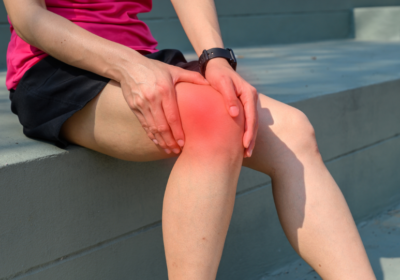
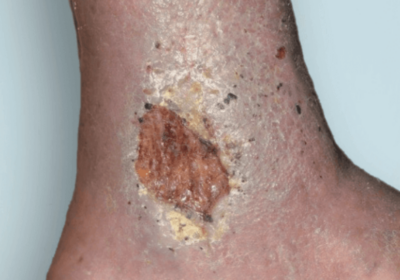
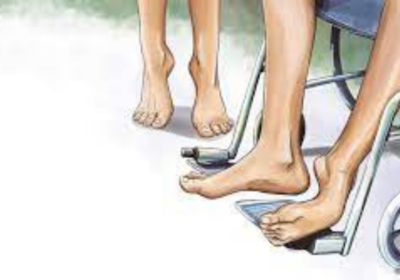
Leave a Reply
You must be logged in to post a comment.